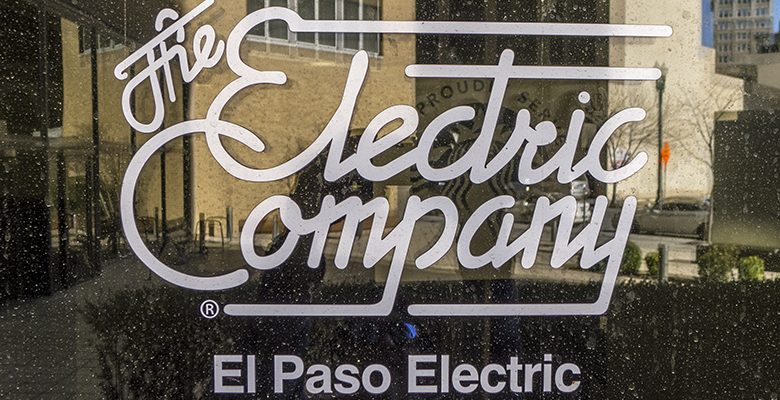The El Paso Times didn’t include this item in their online edition, but I found it anyway through a Google search of the internet.
El Paso Electric will seek rate increases in Texas and New Mexico for the second time in three years, and will once again seek to increase charges for customers with rooftop solar panels, the company announced Wednesday.
Oh, goody. Our friends and neighbors at our local utility are looking to jack us again. Poor us.
“Our new generation replaces equipment as old as 57 years with generation that is 35 percent more efficient,” the utility said in a news release. “EPE must continue making these investments to continue supporting the economic and population growth the region continues to experience.”
Wait a minute. According to the U.S. Census Bureau, El Paso County’s population has only increased 4.4 percent since 2010, and didn’t El Paso just get a substantial rate increase not so long ago?
In March 2016, the El Paso City Council agreed to a $37 million rate increase, and average monthly bills for El Paso residential customers increased almost 10 percent. But the rate increase was $44.5 million less than El Paso Electric’s initial request.
And what’s with the solar rate increase?
El Paso Electric also dropped a controversial proposal to add a surcharge on homes with rooftop solar panels. The company said it would pursue such a proposal again this year.
Texas state Sen. José Rodríguez, D-El Paso, said he remains concerned about the solar surcharge because it will deter residents from seeking to use the alternative energy source. He said it will also deter solar industry development in El Paso.
“I hope that in the next rate setting case we can work these issues out which will benefit EPE, but not negatively impact the solar industry and solar residential users,” Rodriguez said.
It won’t be long before all these increases in the cost of living in El Paso start eroding out economic base, and the residents are paying more and more for less and less. Hell, it’s happening right before your very eyes.
The last person leaving El Paso won’t have to turn out the lights, because no one will be able to afford to turn them on.


If it’s 35% more effecient, roi is three years, depending on what rate they pay. Should pay for itself. At least that’s how real non monopoly business has to do it.